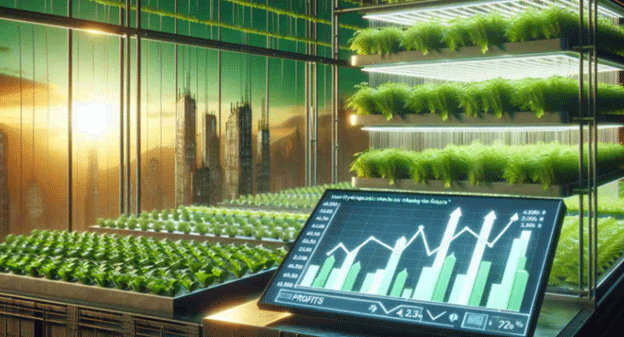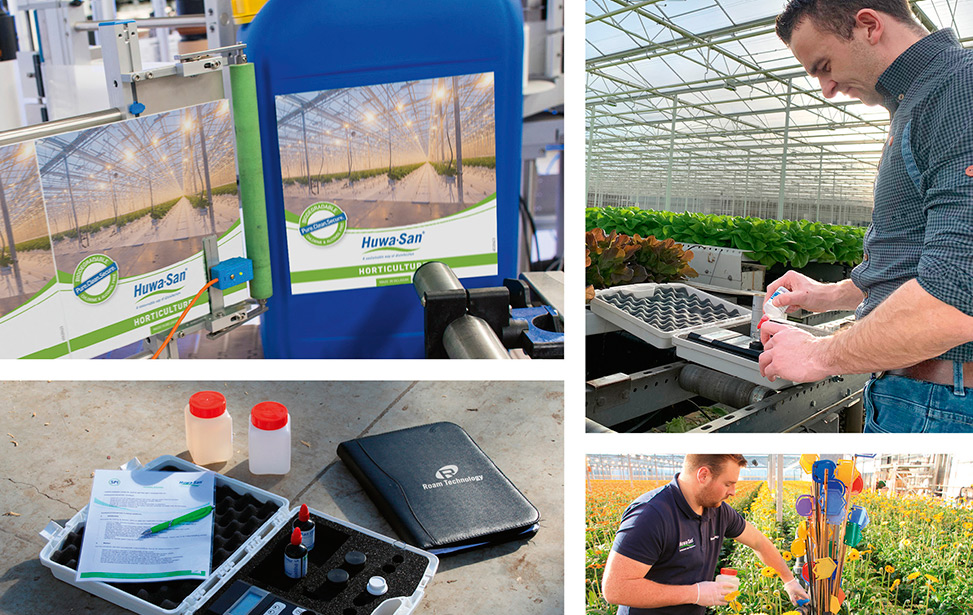As the global food industry experiences a transformation, the rise of sustainable agriculture presents an array of innovative opportunities. Vertical farming and hydroponics are at the forefront, driving the demand for environmentally friendly, locally sourced produce. With a surge of startups and small to medium enterprises leading the way, agriculture is being reimagined through advanced technology and sustainable methods.
Aeroponics is a key player in this transformation, with companies like AeroFarms leading the charge. By utilizing cutting-edge aeroponic systems, they significantly reduce water and land usage, growing pesticide-free leafy greens and offering nutritious produce year-round. Zero Carbon Farms further exemplifies innovation by repurposing London’s underground shelters into thriving vertical farms. This not only conserves resources but also cuts emissions, efficiently producing fresh vegetables.
Pros and Cons of Vertical Farming
Vertical farming offers several advantages, including reduced water usage, minimized land requirements, and the ability to produce crops year-round irrespective of weather conditions. However, the technology demands high initial setup costs and requires continuous monitoring of systems, which can be a barrier for some farmers.
The future of the hydroponics market in the United States is bright, with projections indicating a growth from $3.3 billion in 2024 to $6.5 billion by 2033. Similarly, the global vertical farming market is expected to surge, increasing from $6.8 billion in 2024 to $36.8 billion by the same year. This expansion is largely driven by advancements in smart farming techniques and supportive governmental policies.
Industry Leader: GrowGeneration Corp.
Amid this transformation, GrowGeneration Corp. (NASDAQ:GRWG) is strategically focusing on high-margin proprietary brands, which enhances their profitability. By closing underperforming stores, the company is experiencing a notable increase in sales of its proprietary brands, thus positioning itself for robust future growth. Although their stock performance trends upwards, some investors view AI stocks as potentially offering quicker returns.
Environmental Sustainability and Technological Innovations
The innovation in vertical farming and hydroponics not only addresses food security but also emphasizes environmental sustainability. These methods reduce the carbon footprint of traditional agriculture, conserving water and land, and significantly enhancing food production efficiency.
Predictions for the Future
As technology evolves, the integration of AI and IoT in vertical farming is expected to further optimize resource use and crop yields. This transformation signifies a sustainable future in agriculture, ensuring a reliable food supply chain while reducing environmental impact.
The rise of vertical farming and hydroponics marks a turning point in modern agriculture. These innovative methods not only promise to meet the growing demand for fresh produce but also offer sustainable solutions to global food security challenges. As market leaders like GrowGeneration Corp. pave the way, the potential for profitability and sustainability in agriculture continues to expand, signaling a bright future for the industry.










